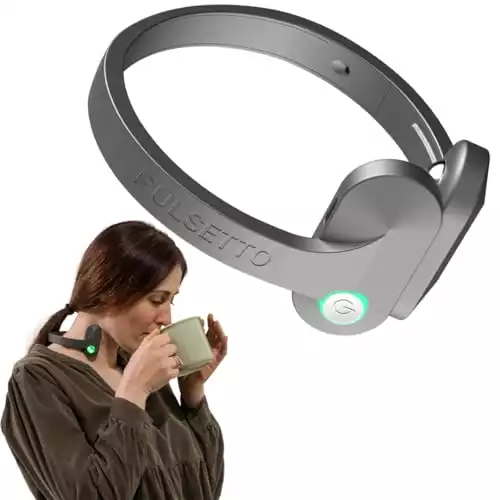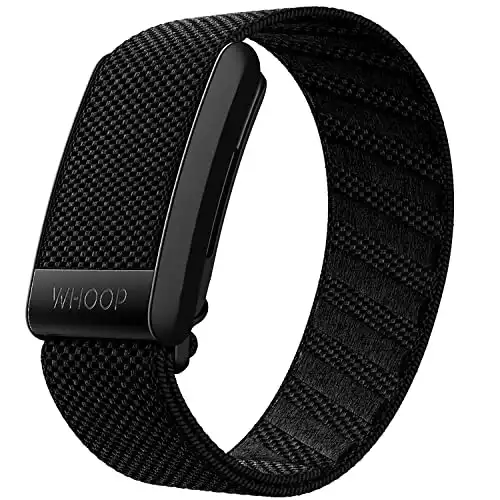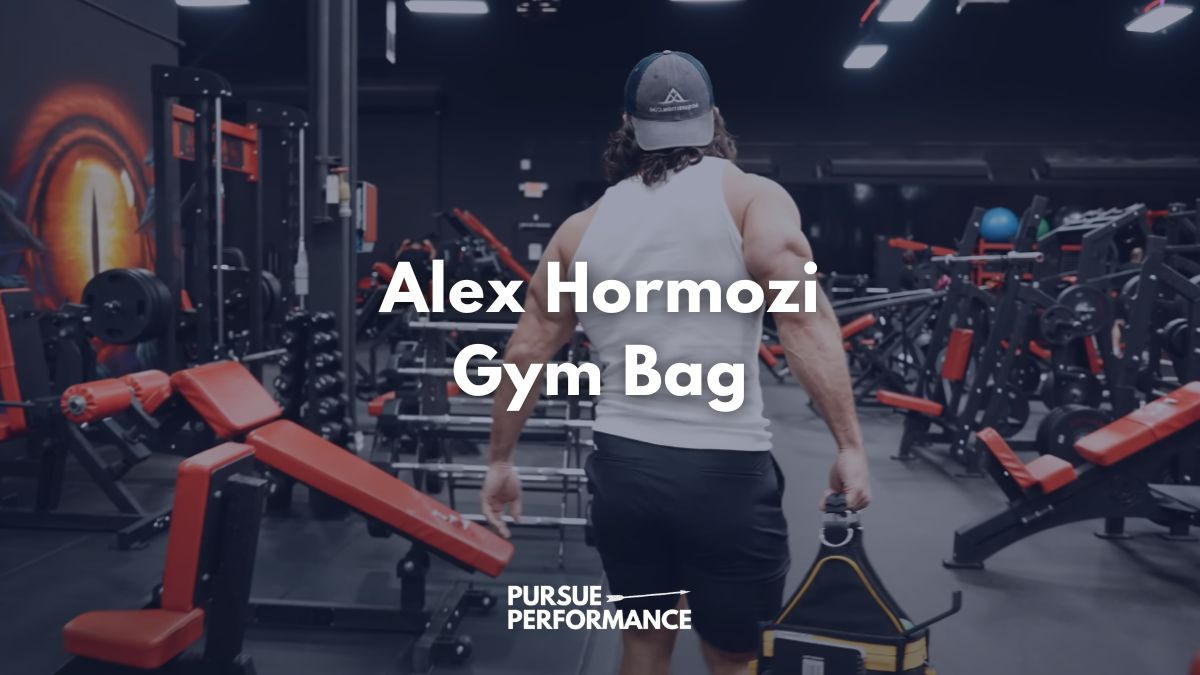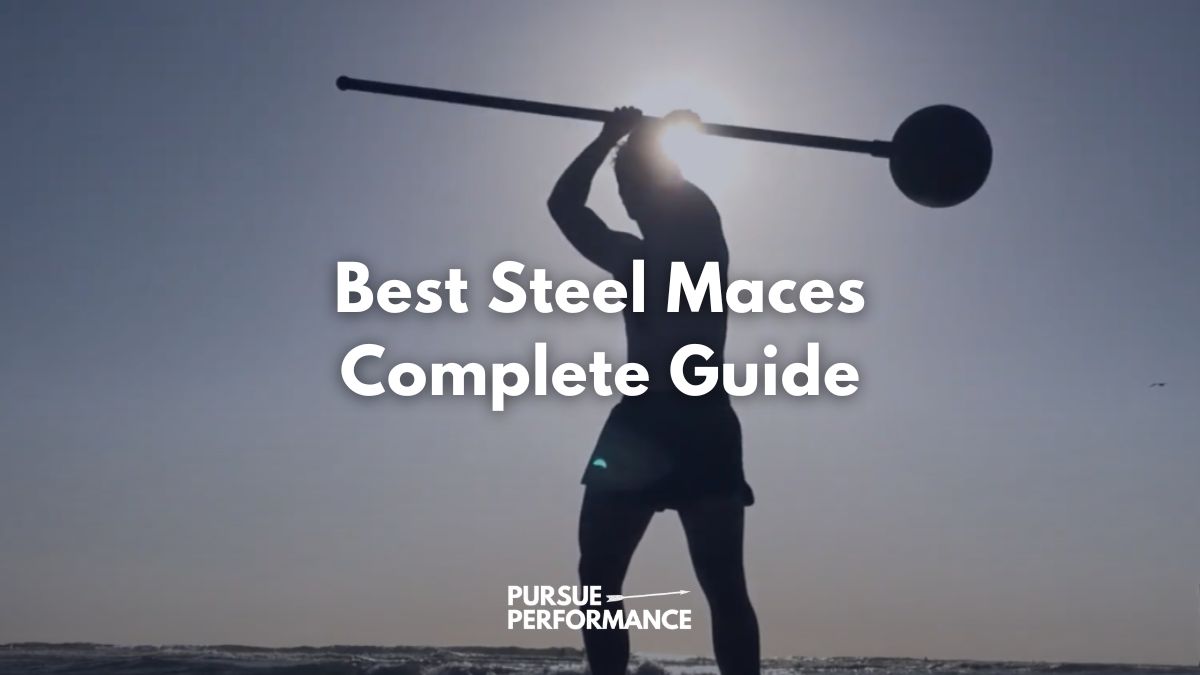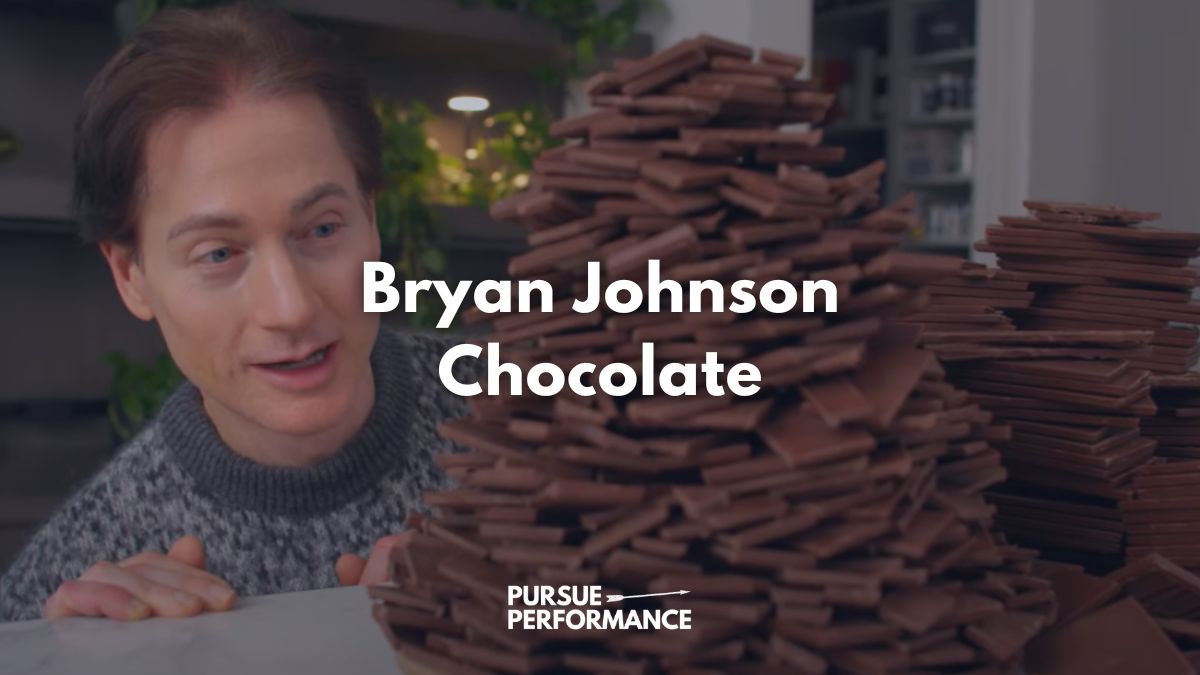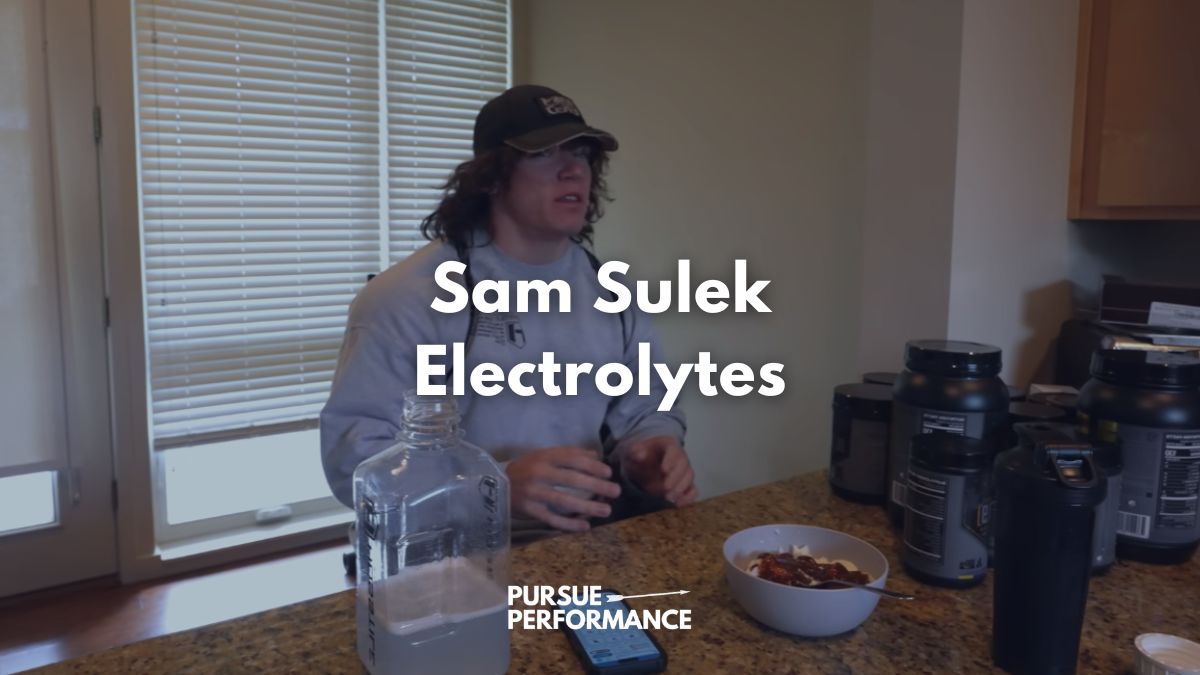According to Bryan Johnson, HRV (heart rate variability) is critical to his anti-aging and longevity efforts through his Blueprint project.
The entrepreneur and biohacker has been focused on increasing his HRV as part of his health regimen.
In this post, we will cover Bryan Johnson’s HRV recommendations and research.
Bryan’s Recommendations
HRV Stimulation: Pulsetto HRV Device
HRV Tracker: WHOOP HRV Tracker
HRV Overview

HRV (heart rate variability) is a measurement of the variation in time between consecutive heartbeats.
It is calculated by measuring the time interval between heartbeats and analyzing the amount of fluctuation.
HRV provides insight into the health and function of the autonomic nervous system, which controls unconscious body functions such as breathing, digestion, and heart rate.
A higher HRV generally indicates better cardiovascular health and a greater ability to handle physical, mental and emotional stressors.
Higher HRV is associated with adaptability, resilience and overall wellbeing.
Lower HRV is associated with aging, heart disease risk, and poor cardiovascular function.
Each 10 millisecond (ms) decrease in HRV correlates to a 1.7 year increase in heart age.
The typical range for HRV is between 20-150 ms.
Bryan Johnson HRV Journey
Bryan Johnson has been focused on increasing his HRV over the past few years as part of an anti-aging regimen.
He started with an average HRV in the low 30 ms range, which he attributed to the stress of 20 years working as an entrepreneur and parenting.
Through consistent effort and lifestyle changes, Bryan has increased his average HRV into the low 60 ms range over two years.
Based on HRV age calculators, this increase in HRV corresponds to a 12 year age reversal.
He views optimizing HRV as an essential biomarker to monitor his anti-aging journey to achieve and maintain an average HRV over 100 ms.
Bryan Johnson HRV Recommendations
Bryan Johnson has tested numerous HRV therapy devices and shared his recommendations.
Pulsetto
- Only 4 minutes to reduce stress
- 86% of users felt calmer in just 2 weeks
- Reduces anxiety and stress by 64.5%
Pulsetto is a vagus nerve stimulator worn around the neck.
Bryan uses it for 10 minutes before bed to improve sleep.
Sensate

Sensate uses vibrations and soundscapes to relax the nervous system and lower stress.
Bryan recommends using it for 10 minutes daily.
Nurosym

Nurosym is a wearable that transmits electrical signals to the vagus nerve.
Clinical studies show it improves nervous system regulation.
Whoop
- 24/7 health tracking
- Tracks science-backed metrics
- Monitor HRV & recovery
Whoop is a fitness tracker that provides HRV data along with sleep and strain monitoring.
Bryan often posts screenshots of his Whoop scores on social media.
Learn more about Bryan Johnson’s Whoop Recommendations
Science Behind HRV
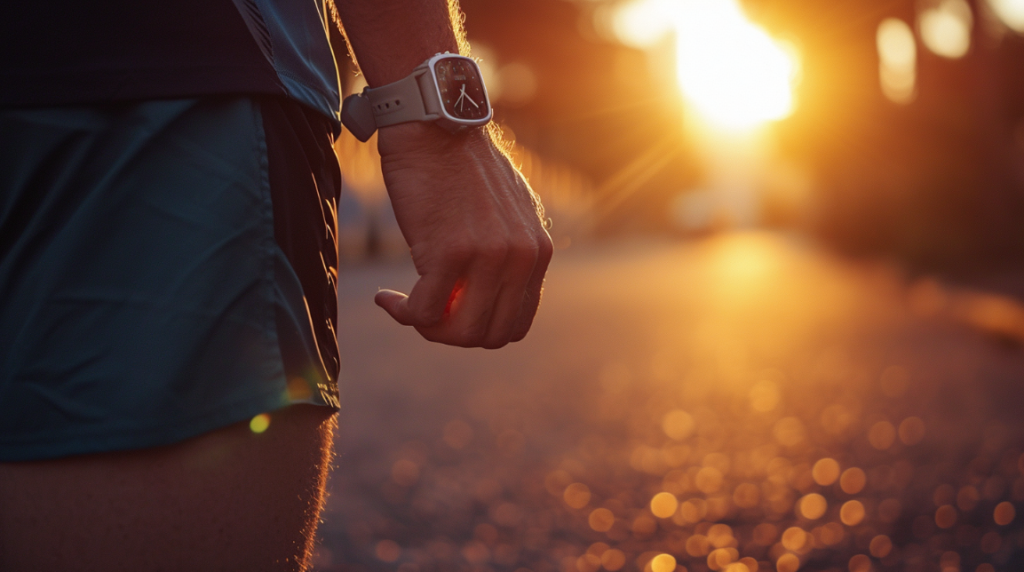
Research shows that higher HRV correlates with better sleep quality, lower stress levels, and cardiovascular function.
Age-Related HRV Decline
Multiple studies have shown that HRV steadily declines with age.
This age-related drop in HRV is associated with changes in autonomic nervous system activity, including increased sympathetic tone and reduced parasympathetic activity.
The normal decrease in HRV as humans age is believed to be around 1.4 milliseconds per year.
HRV and Cardiovascular Health
Lower HRV has been linked in scientific research to increased risk of adverse cardiovascular events and all-cause mortality.
This suggests HRV can provide insight into cardiac resilience and the health of heart rate control mechanisms.
On the other hand, higher HRV is associated with positive cardiovascular outcomes and longevity.
HRV, Stress and Anxiety
Studies have demonstrated connections between lower HRV and higher levels of psychological stress and anxiety.
Chronic stress may decrease HRV over time.
However, activities that reduce stress and anxiety in the moment, such as meditation, have been shown to increase HRV.
HRV and Sleep
Higher HRV correlates to greater sleep quality and efficiency based on scientific research.
The links between higher HRV and improved sleep remain significant even when accounting for demographic and psychological factors.
Poor sleep quality has conversely been found to negatively impact HRV levels.
Improving HRV
Research suggests that lifestyle modifications such as exercise, stress management techniques, and HRV biofeedback training can increase HRV.
Devices that stimulate the vagus nerve may also temporarily increase HRV.
A multifaceted approach focused on resilience and nervous system health appears optimal for sustaining higher HRV.


